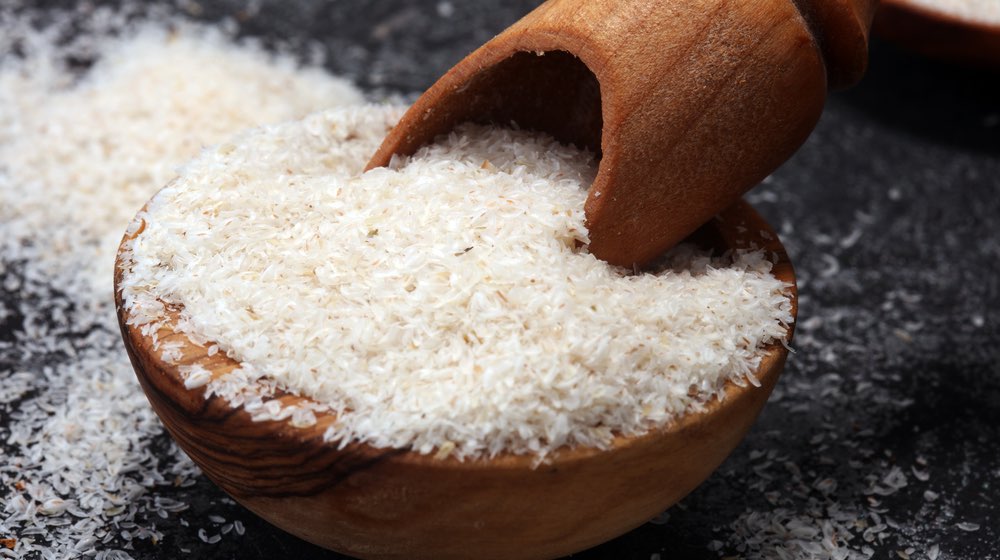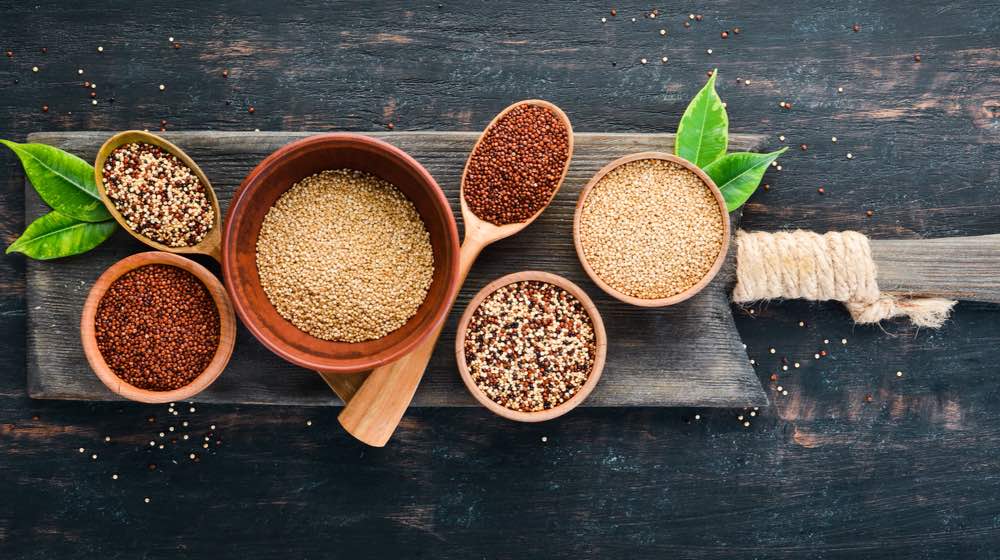Do you think a nap in the middle of the day will make you less productive? Guess again! Here's what scientists say about naps.
RELATED: How Sleep Can Affect Your Date And Other Facts | Bulletproof Radio [LISTEN]
The Power of Naps | Why Your Pillow Could Be a Powerful Tool
Click here to jump to the infographic.
Benefits of Naps
1. May Boost Your Mood
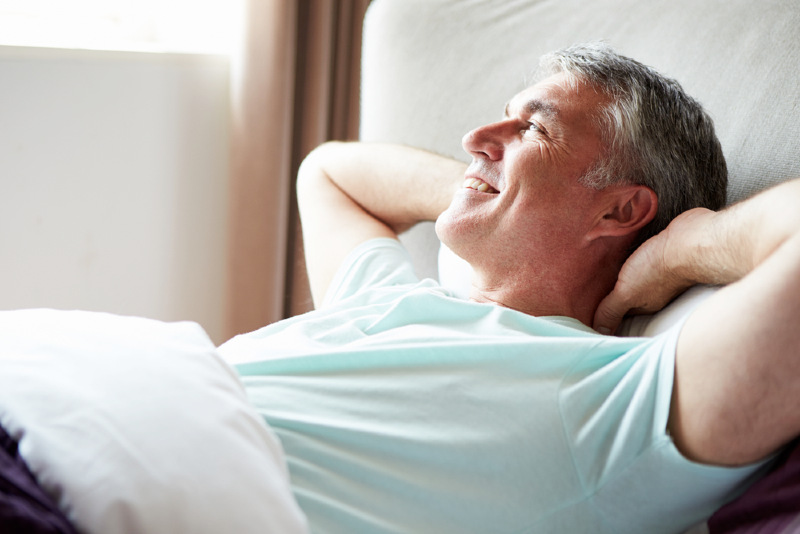
Grogginess and sleepiness can sour your mood and potentially affect those around you. Science shows that a quick lie on the sofa could do wonders to refresh and energize you.
A small study found that naps may bring you to a pleasant, satisfied, and relaxed state.
Another study think it's not the act of napping but simply relaxing that helps improve your mood. The researchers studied habitual nappers and non-habitual nappers and assigned them to a nap or TV group at random. They found that whether both groups took a nap or watched TV, their moods improved.
One study found that REM sleep may help us regulate our emotions better and enhance happy thoughts.
Bottom line – however you choose to relax, a power nap could be a powerful tool. It costs nothing, has immediate effects, and does not require additional tools.
2. May Ease Fatigue and Improve Physical Performance

Are you preparing to join a marathon or an exhilarating hike with your family or friends? Taking naps before performing physical activities might lower fatigue and even boost your physical performance.
A study found that a 25, 35, or 45-minute nap increased the physical performance of active men in a shuttle run test. They also less fatigue and had lower perceived exertion.
3. May Make You More Alert

Older adults naturally sleep fewer hours than younger adults.
One study found that a nap may help older adults achieve the ideal number of sleep hours and improved cognitive performance. The effects were immediate and even lasted until the next day.
Some studies even found that naps may help improve cognitive performance and reaction time in sleep-deprived adults.
Our energy and alertness dip after lunch according to our circadian clock, and they key to overcoming this may be a power nap.
For those working nights shifts, a pillow may be as helpful as a cup of coffee to get you through the workday.
Naps may help you wake up immediately, but they may not replace sleep. Alertness from a good night's rest has a longer-lasting effect.
4. May Improve Memory

Sleepiness grows worse throughout the day, and this brings down your working memory along with it.
Researchers point out that naps help with memory consolidation. Memory consolidation is how you retain memory or skills.
Multiple studies found that slow-wave sleep (or a nap) could help retain declarative memories better than staying awake.
One study found that napping helped students retain information after a 30-minute nap. The subjects took another test the following week. The students that took a nap performed better than those that crammed or took a break after studying.
On the other hand, one study found that a nap may help retain procedural memory but not declarative memory.
Another study found that daytime napping can help your mind process how memories may be associated. It shows that naps may not only improve how well we remember but even combine and relate them with each other.
While there are studies with promising results, it's too soon to say if they are conclusive. But the growing evidence point toward more and more benefits of napping. It's harmful, costs nothing, and could be worth testing on your own.
5. May Strengthen Your Immune System

A comfortable bed may make a great partner to a nutritious glass of orange juice. Naps may help boost your immune system by supporting the cells that help protect you.
Leukocytes are blood cells that fight diseases and infections as part of the immune system. High levels of leukocytes could mean that your body is fighting off an infection.
A small study found that in subjects that only slept for two hours, leukocyte levels increased. But a midday nap followed by eight hours of sleep (recovery sleep) returned leukocytes to baseline level, lowered cortisol levels, and improved alertness.
RELATED: Sleep Apnea Surgery FAQ | Treatment, Side Effects, and Recovery
Ideal Length of Naps

In naps, timing is everything. Take them at the right time, and science tells us that we need to keep them short too.
The sleep cycle lasts 90 minutes long on average. An ideal nap lasts for only ten to 20 minutes and is typically called a power nap. Five minutes is too short, and an hour-long nap may leave you feeling groggy.
A quick and restful nap is just what the doctor ordered.
However, an ill person may need longer or more naps than a healthy one. Children's naps will also be longer since they need to sleep more.
If you want take a nap, schedule it midday. Taking a nap too close to bedtime may make it harder to sleep later.
Best Tips for the Best Naps
1. Keep It Short but Sweet
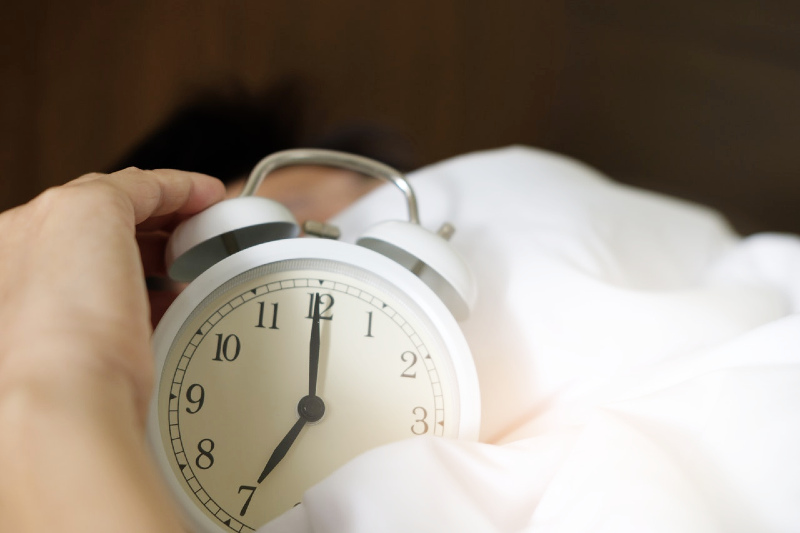
An alarm set for 20 minutes may keep your naps short but restful. It's enough to give you a restorative rest and make you more alert and productive for the rest of the day. If it's too long, sleep inertia will kick in, and you may feel groggy and just as tired when you wake up.
2. Make It Cozy
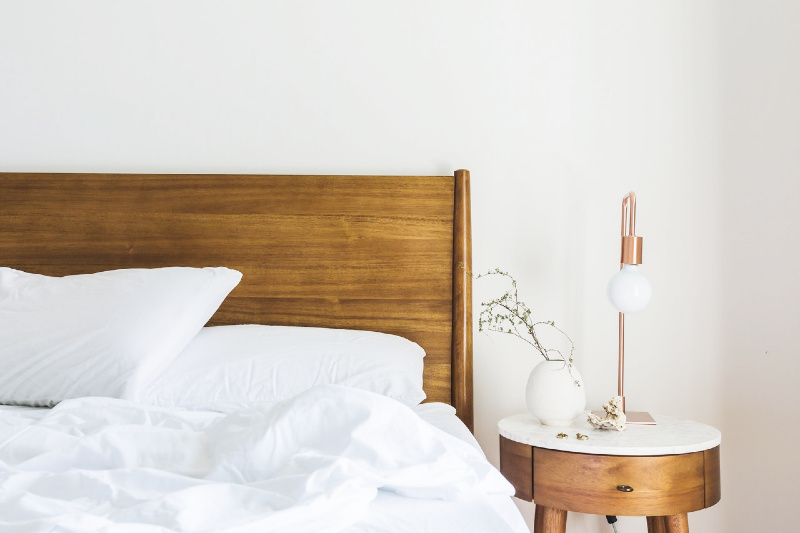
Take a nap in a quiet, cool, and dark environment. These factors will help you fall asleep.
Choose a plush couch if you don't have access to a bed. Turn the temperature down, and put on some earplugs to drown out the noise.
3. Schedule Your Nap Midday

Timing your nap just right will help make sure you're still able to sleep at night.
You may take a nap after your lunch to combat the post-meal drowsiness. Another option is to schedule it between the time you wake up and the time you sleep at night.
4. Down a Cup of Joe
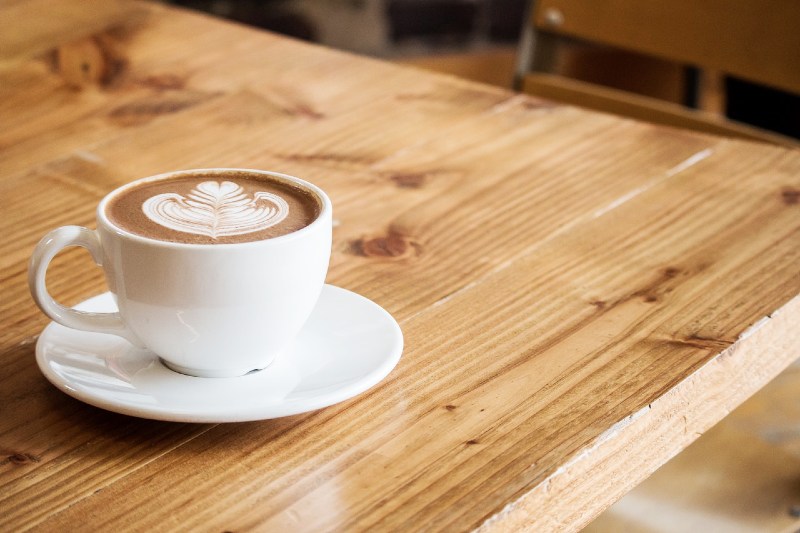
Drink a cup of coffee before your nap. By the time you wake up, the caffeine will kick in and perk you up.
Whether it's to drown out the drowsiness or rev up your engine for the afternoon, some shuteye is always a good idea.
Here’s an infographic guide. Don’t forget to download, save, or share this handy infographic for reference:
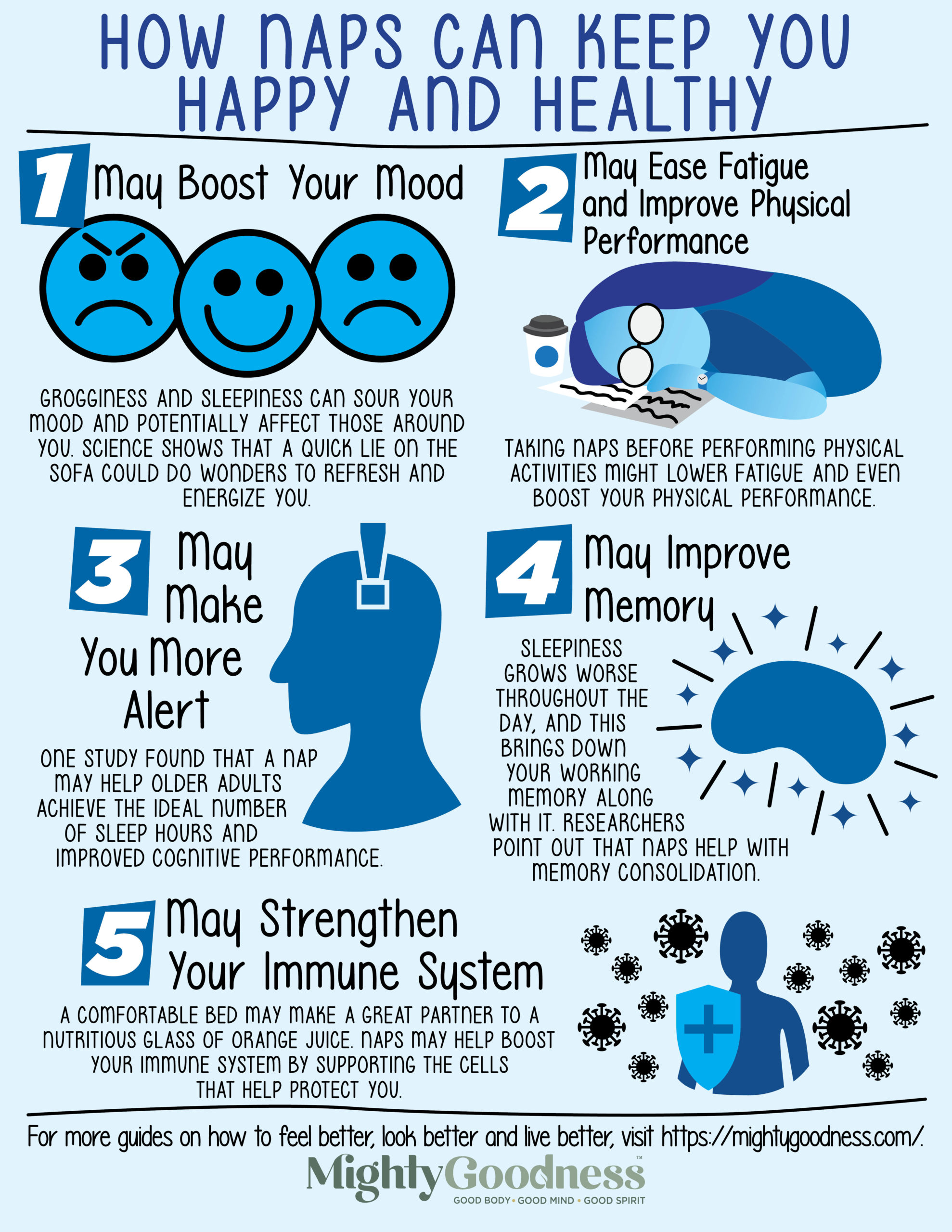
But keep in mind that long and frequent naps may also be a sign that you're getting poor sleep quality at night. Some researchers associate long naps with depression, heart disease, and diabetes; however, we need more research to prove the connection.
Take a nap to turn your day around or give you an energy boost. Give in to the call of your bed. It might be just what the doctor ordered.
How about this, coffee naps instead of naps or coffee alone? Watch this video to know more:
Is this the excuse you've been looking for to install that lazy boy in your office? Let us know your thoughts in the comments section below.
UP NEXT:
- Chronic Insomnia | Everything You Need To Know
- What is Insomnia | Easy And Natural Ways To Fight Insomnia
- 10 Best Diets For Men (and How to Choose One)
Calling all crafting Health Buffs! If you’ve got the gift of keeping healthy and sharing this knowledge through writing, Click here if you want to write for us.
Please stay connected with us on Facebook, Twitter, Instagram, and Pinterest, and make sure to join our community of healthy living and minded people here.
Trending
Get Updates
SIGN UP FOR OUR NEWSLETTER TODAY

Lecithin Benefits and Side Effects: 10 Surprising Truths
